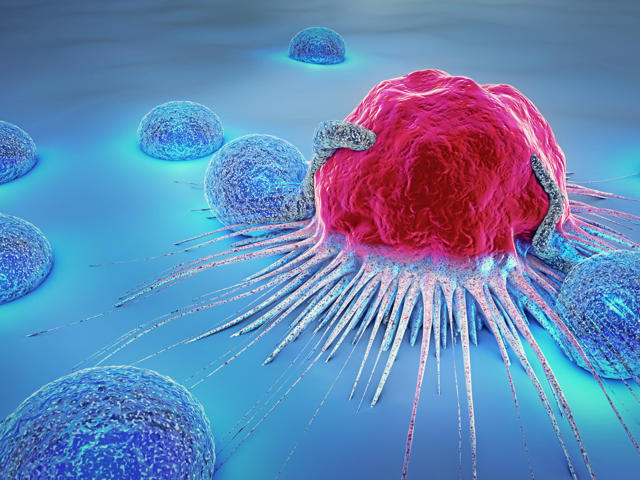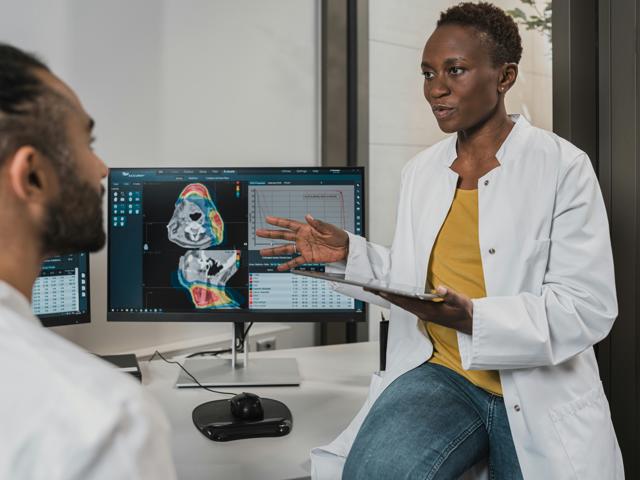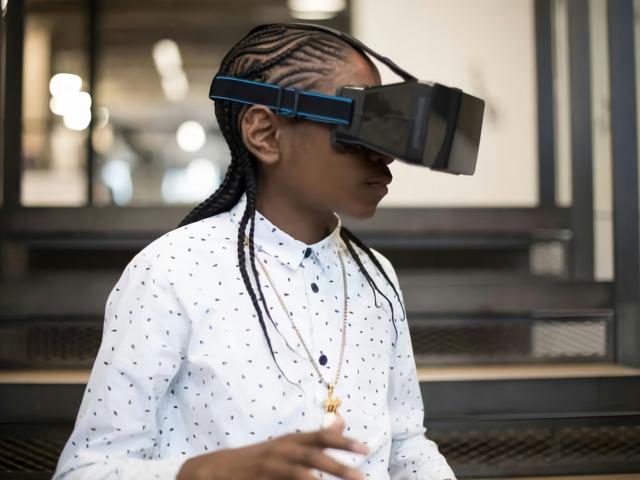Innovating for one global health
The "One Health" initiative at Heriot-Watt University, led by Doctor Mariya Ptashnyk and Professor George Streftaris, integrates human, animal, and environmental health to address global health challenges such as infectious diseases, antimicrobial resistance (AMR), and emerging epidemics.
The teams are advancing vaccine delivery systems using 3D-printing technology, improving how booster shots are administered in both humans and animals. Their work in diagnostics is equally innovative, with new, cost-effective solutions to detect diseases like tuberculosis more rapidly and accurately. Researchers are also pioneering the detection of AMR markers in wastewater, developing sensors that monitor the presence of antimicrobial-resistant genes, which play a critical role in the fight against antibiotic-resistant infections.
On a global scale, the teams are working on multiplex pathogen detection systems that can rapidly sequence pathogen genomes, enabling faster responses to epidemic threats. These technologies are designed to support global healthcare systems by providing quick and accurate data for decision-making during health crises.
The Global Research Institute in Health and Care Technologies is dedicated to advancing solutions for some of the world’s most critical health challenges. By uniting researchers from across Heriot-Watt’s school-based institutes, this institute fosters a multidisciplinary environment where engineers, healthcare professionals, and scientists work together to deliver impactful health innovations. The institute also collaborates extensively with other global research institutes at Heriot-Watt, enhancing its capacity to drive forward research that improves patient care and health outcomes on a global scale.
Related themes and projects

Engineering the fight against cancer
Our research aims to revolutionise cancer care through advanced engineering, improving diagnostics, treatment, and monitoring for better patient outcomes. Collaborative innovation ensures patients access cutting-edge care.

Sensing of chronic disease monitoring
Digitising chronic disease management uses digital tech to transform understanding, monitoring, and managing chronic diseases. Innovative sensing and data analysis offer insights and effective strategies for better management.

Digitising mental health
The Digital Mental Health programme pioneers the use of digital technologies to advance the understanding, diagnosis, and management of mental health and neurodegenerative diseases. Bridging technology and psychology for better mental health outcomes.
